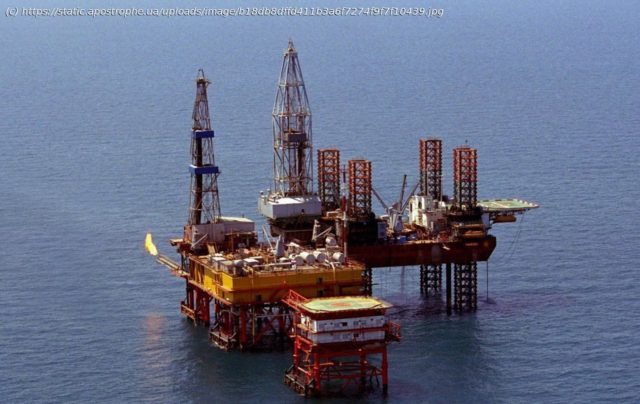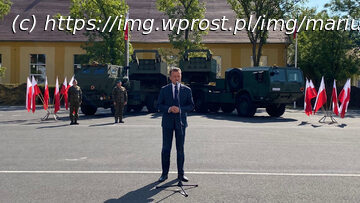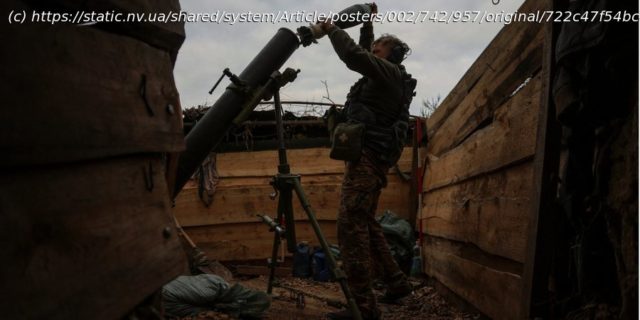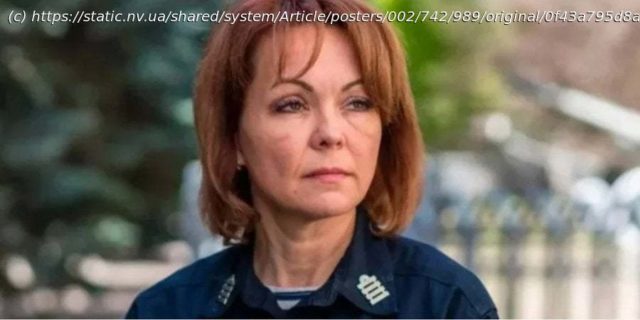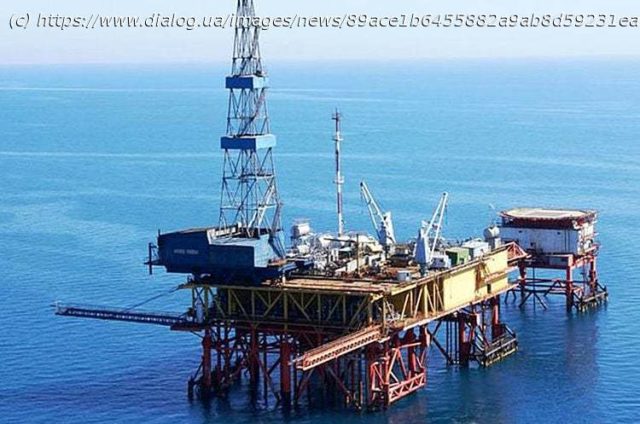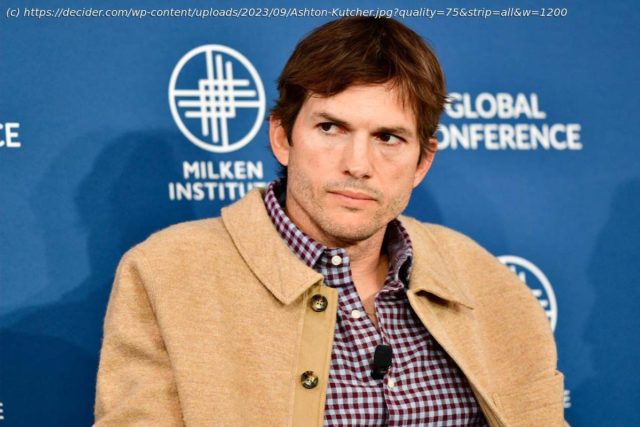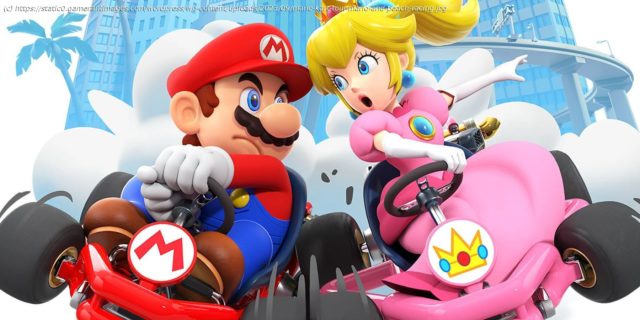Kim Jong-un has ammunition stocks that Russia covets as it continues its war in Ukraine, and North Korea may get advanced technology and badly needed food aid in return.
When North Korea’s leader, Kim Jong-un, visited President Vladimir V. Putin of Russia four years ago, it was mostly for diplomatic show.
But this week he will visit Mr. Putin a second time with the ability to supply something the Kremlin desperately needs: munitions that could help Russian forces fighting in Ukraine.
The meeting, announced by both governments on Monday, comes as Mr. Putin is courting support for his standoff against the United States and NATO from other leaders opposed to Western dominance. Some, like Iran, have provided direct military assistance to Russia for its war in Ukraine, while others, like India, have resolutely declined to condemn Russian aggression.
In a brief statement, the Kremlin said Mr. Kim would “pay an official visit to the Russian Federation in the coming days” at Mr. Putin’s invitation. North Korea’s official Korean Central News Agency confirmed that Mr. Kim would soon visit Russia for a summit meeting with Mr. Putin, but provided no further details.
Neither side said when the meeting would occur, but the two leaders are expected to meet in eastern port city of Vladivostok, where Mr. Putin is attending an economic forum this week.
The last time Mr. Kim visited Russia, he traveled to Vladivostok aboard a slow-moving armored train, the reclusive leader’s preferred method of travel during his rare trips out of his country. A train resembling the one he has previously traveled on was spotted heading north on Monday, in the direction of Vladivostok, which is about 700 miles away from Pyongyang, the North Korean capital.
Mr. Kim and Mr. Putin are expected to discuss military cooperation between their countries, including the possibility of North Korea supplying Russia with more weapons for the war in Ukraine, U.S. and allied officials told The New York Times last week. Since 2022, U.S. officials have repeatedly said that North Korea has been shipping artillery shells and rockets to Russia.
North Korea is one of the most heavily militarized countries in the world, one that analysts believe has a surplus of ammunition, since it has not fought a war since 1953.
In exchange, officials have said, Mr. Kim would like Russia to provide advanced technology for satellites and nuclear-powered submarines, as well as food aid. If some kind of mutually beneficial agreement is reached, it could transform a relationship that has long been limited to public displays of cooperation, and relatively small amounts of trade, into something more substantive — and, the West warns, more of a threat to global stability.
“If we do see a bargain there, it will be the real end of an era with the relationship that started in 1990,” said Fyodor Tertitskiy, a leading researcher at Kookmin University in Seoul.
Since then, Mr. Tertitskiy said, the relationship has been a lot of “talk and no real trade,” noting that a deal where Russia provides North Korea with something of value in exchange for munitions would mark a departure.
North Korea, long hostile to the United States, is a natural ally for Mr. Putin in his standoff with NATO and his fight against what he portrays as Western hegemony.
The Russian leader has also strengthened ties with Iran, making a rare international trip there last year to meet with Ayatollah Ali Khamenei, Iran’s supreme leader, as well as the country’s president, amid international isolation of Russia over the invasion.
In the months since, Iran has become a critical supplier of drones to Moscow, which Russian forces have used against Ukraine, both on the battlefield and in attacks on civilian infrastructure.
Mr. Putin has also appeared with President Aleksandr G. Lukashenko of Belarus, who gave Russia access to his country’s territory to launch its invasion of Ukraine in February of last year.
The Pentagon said this month that Russia had specifically asked North Korea for ammunition, noting that the request was driven by problems Moscow has been having with replenishing the armaments it needs on the battlefield.
Russia’s defense minister, Sergei K. Shoigu, visited North Korea in July on a trip that U.S. officials at the time said was aimed at setting up an arms deal.
North Korea has one of the world’s largest armies, despite having a population of only about 26 million people. The country operates on a wartime footing at all times, and artillery would be a critical piece of any renewed war with South Korea. The result is a North Korean military with significant stores of artillery shells and production capacity for making them.
Petr Akopov, a pro-war columnist for the Russian state news agency RIA Novosti, suggested in a recent article that Russia could “unofficially” transfer military technology to Pyongyang and welcome North Korean builders into occupied areas of Ukraine, in exchange for ammunition and certain types of missiles.
“All of this is hampered to one degree or another by U.N. Security Council sanctions, but there are always options for circumventing them,” Mr. Akopov wrote.
Mr. Akopov added, “The world is changing, and those countries that have challenged the Western world order will not be able to change it by playing by its rules.”
